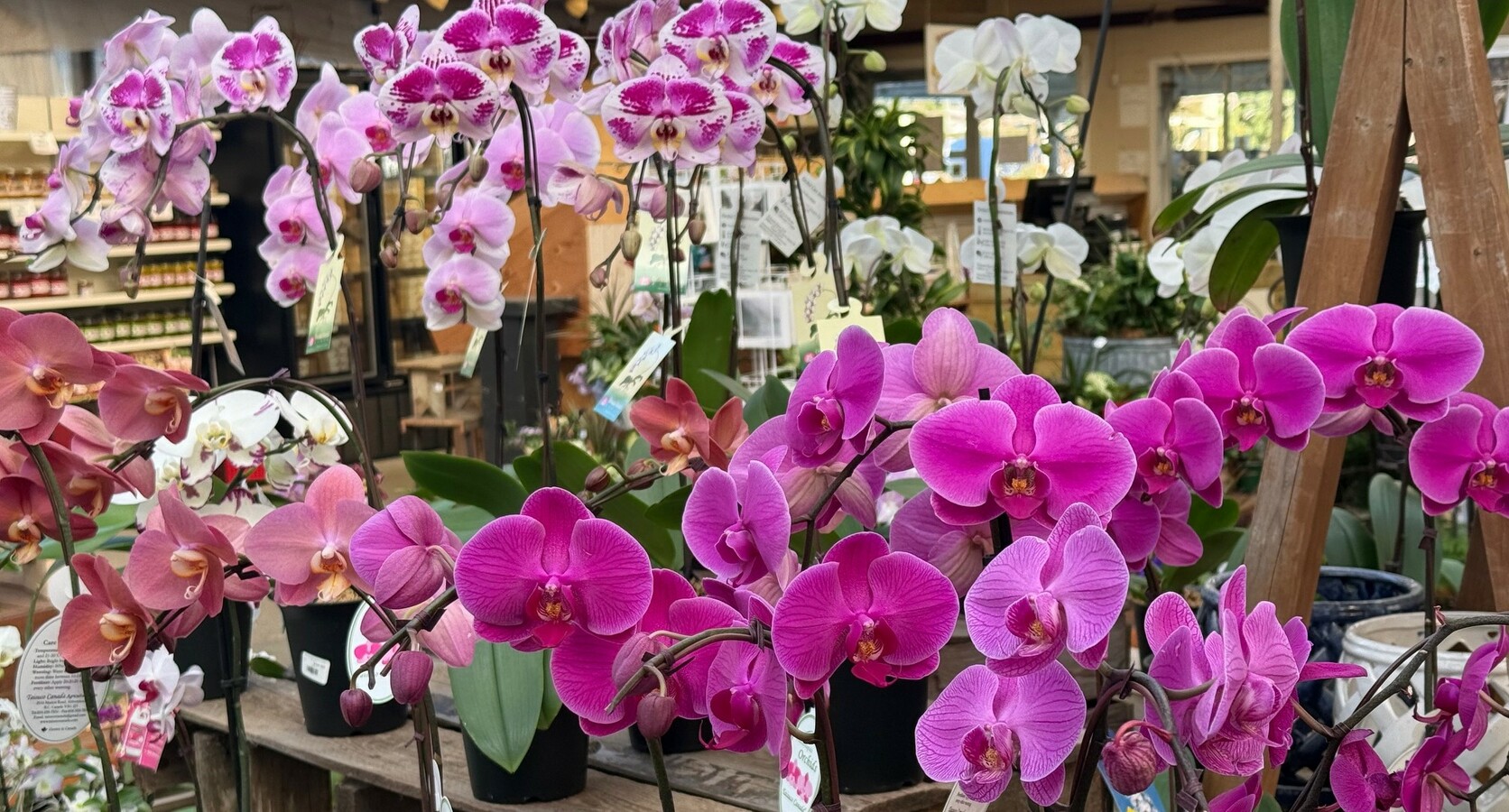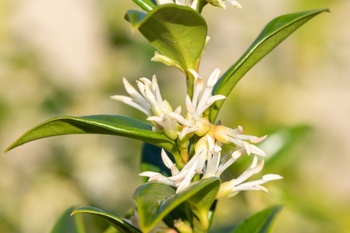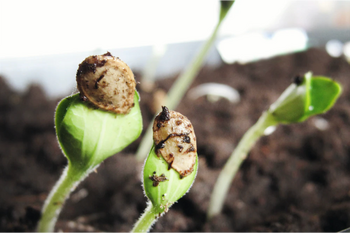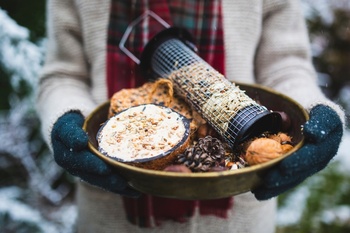Taking care of your garden in fall really sets it up for the year to come. As well as tidying up beds for winter, it’s an ideal time to feed the soil and add new plants for spring. Here are our top 7 garden care tips for fall.

7 Garden Care Tips for Fall
-
Cut back herbaceous perennials as they start to die back, cutting faded flower stems down to ground level. Cut the foliage to ground level too, or just above any new growth. When tidying, leave a few perennials with hollow flower stems standing to provide homes for overwintering insects and spiders.
-
Don’t put raked-up leaves on the compost heap or throw them away. Create a leaf pile or put the leaves into black bags with a couple of holes pierced in them, leaving them to break down. It takes a couple of years, but you’ll end up with fabulous leaf mould, one of the best soil conditioners there is.
-
If your garden is short on fall colour, plant some! Dahlias, sedums, asters, and penstemons all flower in fall. Deciduous shrub Caryopteris (Bluebeard) has fantastic blue flowers that bees love, as does Ceratostigma willmottianum (Chinese plumbago).
-
Find a space in your garden for a tree with fabulous fall foliage. Japanese maples and flowering cherries both look spectacular in fall, and if you don’t have room for a big tree, you can plant one in a pot. Flowering cherry Prunus ‘Kojo no mai’ or dwarf Japanese maple ‘Wilson’s Pink Dwarf’ will give you gorgeous fall colour planted in a large container on a patio.
-
Fall is the time to plant spring bulbs, especially daffodils, crocuses, and irises. Wait until November to plant tulips, as they are less likely to succumb to viruses if planted when the weather is colder.
-
Plant new perennials in fall, so they can get settled while the soil is still at war. It’s also a good time to lift and divide overgrown clumps of perennials like hostas, daylilies, and hardy geraniums. Dig up clumps and divide them with the sharp blade of a spade, or use two garden forks back to back to lever clumps apart. Replant the divided clumps and water them in.
-
Mulching is one of the best things you can do for your garden in fall. Spread a thick (5cm/ 2in) layer of organic matter like well-rotted farmyard manure or garden compost over the soil and leave the worms and other organisms to work into the ground, improving soil structure and nutrient levels. Annual mulching helps soil retain moisture in dry periods and drain better in wet weather – a win-win situation. If you don’t have enough mulch to do the whole garden, focus on specific areas. It’s better to do a good, thick layer in a small space than a thinner layer over the entire garden.
Whether you’re raking leaves, spreading mulch, or planting for fall colour, you’ll find everything you need in our centre. Visit us today!




